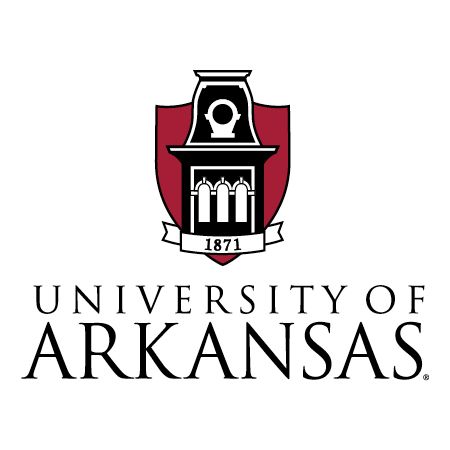FAYETTEVILLE, Ark. – As the university continues teaching and learning remotely, the Center for Educational Access wishes to remind faculty of ways they can accommodate students with additional needs.
TIPS - Contingency Planning
The Teaching Innovation and Pedagogical Support website offers tips and recommendations for contingency planning regarding the transition to online learning, including utilizing Blackboard, ensuring course materials are accessible, and adapting existing assignments and activities to an online setting.
Test and Quiz Accommodations
If you require internet browsers to be locked down for tests or other classroom activities, please consider flexibility in this approach as it may significantly limit or prohibit a student from accessing their accommodations. Many students who require assistive software and technology require access to the internet and/or external software, which requires the student to complete their test in a manner that may not be equivalent to other students. Academic Integrity is a concern with this approach, and some faculty have had students sign an "Integrity Statement" or provide a reminder before assignments or tests are provided.
A CEA student may need a time limit for their test separate from the rest of the class. Teaching Innovation and Pedagogical Support and the Center for Educational Access have already communicated to faculty steps on how to individually set test time limits, and faculty may also consider extending the time for all their students instead of trying to facilitate different time limits for varying students.
Lectures
If lecture content is being delivered via video presentations or web conferencing sessions, faculty are encouraged to record and post those lectures for viewing outside of “class time.” Many students have unexpected barriers arise that may limit their ability to log in, listen and take notes during the scheduled class time. For example, students may experience technical difficulties, visual and auditory processing limitations, an exacerbation of chronic health or psychiatric limitations, and they may be distracted as a result of caring for a child or family member during this time.
Note-Taking Services
While students may have access to recordings and texts in their course, some students will still require note-taking services, such as when audio files are played that don't include a transcript, videos that don't include captions, or web-conferencing sessions.
The CEA will contact you if a note-taker is needed. For courses with a note-taker already assigned, CEA has already requested that the note-taker continue uploading notes.
Accessible Course Documents and Educational Materials
When creating new materials to post online, be sure to follow the best practices listed on the TIPS website for creating documents that are fully accessible to individuals with disabilities. CEA staff are available to convert materials into an accessible format for students.
Attendance Flexibility and/or Reasonable Extension of Assignment Deadlines
Parameters for a reasonable extension of assignment deadlines are established by faculty during student-faculty discussion of accommodations. The number of days given for each assignment extension depends on the interactive or participatory nature of a course, or is based on department, college or accrediting agency rules. Students must communicate with instructors to determine the maximum extension that can be given on each assignment without compromising the integrity of the course/program.
Now that courses are online, faculty and students need to revisit and/or revise the attendance flexibility agreement and detail the expectations for making up course requirements that may be missed due to disability exacerbation. The CEA recommends that the details of this discussion be documented in writing using the Attendance Flexibility Agreement Form or via email.
To determine which students have access to these accommodations:
- Log into the Faculty portal.
- Enter the UARK username and password and click "Log in."
- Click "Continue to View Student Accommodations."
- Select "Export Student Accommodation Requests."
- Open Excel spreadsheet detailing each student's individual accommodations.
- The "Attendance Flexibility" and "Reasonable extension of assignment deadlines" columns are identified by the word "Yes."
Communication Access
Contact the CEA to determine how the following communication access accommodations will be implemented in an online setting:
- Accessible audio/video — captions needed
- Assistive Listening Device (ALD)
- Real Time Transcribing
- Sign Language Interpreter
- Speech-reading statement
- Other Communication Aid
Faculty members wishing to discuss ways in which provide access to their students can contact the CEA at 479-575-3104 or ada@uark.edu. More information on accommodations can also be found on the CEA website.
About the University of Arkansas: The University of Arkansas provides an internationally competitive education for undergraduate and graduate students in more than 200 academic programs. The university contributes new knowledge, economic development, basic and applied research, and creative activity while also providing service to academic and professional disciplines. The Carnegie Foundation classifies the University of Arkansas among fewer than 3% of colleges and universities in America that have the highest level of research activity. U.S. News & World Report ranks the University of Arkansas among its top American public research universities. Founded in 1871, the University of Arkansas comprises 10 colleges and schools and maintains a low student-to-faculty ratio that promotes personal attention and close mentoring.
Contacts
John Post, director of academic communications
University Relations
479-575-5555,
